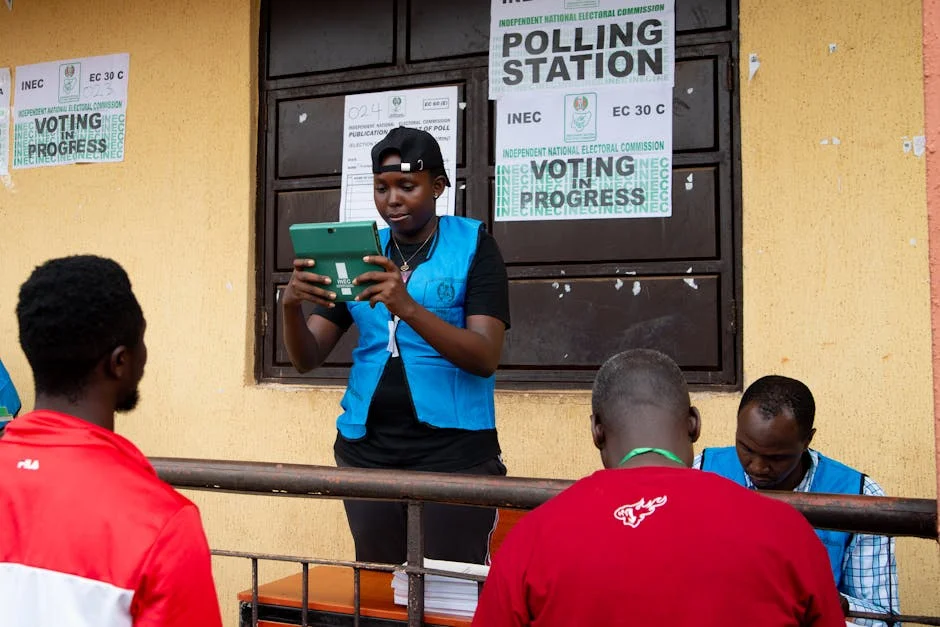The Nigerian Postal Service (NIPOST) has carried out a crackdown on unlicensed and illegal courier and logistics operators in Katsina State. This enforcement action included sealing several offices and confiscating motorcycles.
Mr. Dotun Shonde, the General Manager ofthe Courier and Logistics Regulatory Department (CLRD) at NIPOST, highlighted the primary objective of the operation, which is aimed at purifying the sector. Shonde emphasized that the industry has been infiltrated by unlicensed and illegal operators across the nation.
“There abound the issue of public safety and security threat due to carriage of illicit drugs and prohibited items like small arms and ammunition, guns, gold, monies and obscene items.

“There exist unethical sharp practices, such as price undercutting, pilfering, broaching, damages, loss and dumping of customers items, poaching and subletting of operating licenses with mountain of public complaints about customer’s being duped or obtaining money from them under false pretenses, no traceable office address nor registered brand name.
“Overloading and carriage of items above the stipulated 50kg, which has created and increased public disdain towards this noble profession, is worrisome,” he said.
He noted that more than 200 illegal operators were identified in Katsina alone. Despite receiving demand notices, many of these operators failed to comply with regulations. Shonde emphasized that NIPOST is committed to restoring order to the sector.
Shonde urged individuals with legitimate business intentions to follow the proper registration process with NIPOST.
He also cautioned that those who do not adhere to the required regulations would face legal consequences.
According to Daily Trust, some of the suspected unlicensed and illegal operators as at Sunday had their offices sealed, others had their courier/dispatch/delivery motorcycles impounded until they complied with the extant laws and laid down procedure for registration in Nigeria.



